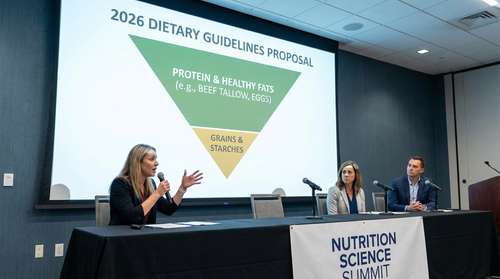In the realm of nutrition, the ketogenic (keto) and vegan diets have emerged as two of the most prominent and debated eating styles. Each represents a distinct approach to health and wellness, but the question remains: which one is truly healthier?
The Keto Diet:

A Deep Dive into High-Fat Living The ketogenic diet is a high-fat, low-carbohydrate diet that has gained popularity for its potential to promote rapid weight loss. By significantly reducing carbohydrate intake and replacing it with fat, the body enters a metabolic state called ketosis. In ketosis, the body becomes efficient at burning fat for energy. Proponents of the keto diet report benefits such as improved mental clarity, increased energy levels, and significant weight loss.
However, the keto diet is not without its challenges and potential risks. The high intake of saturated fats can lead to increased cholesterol levels, posing a risk for heart disease. Additionally, the diet's restrictive nature can make it difficult to maintain long-term and may lead to nutrient deficiencies if not carefully managed.
The Vegan Diet:

Plant-Based Eating for Health The vegan diet, which excludes all animal products, is often chosen for ethical reasons but is also known for its health benefits. A well-planned vegan diet is rich in essential nutrients, high in fiber, and antioxidants, and has been linked to a lower risk of heart disease, hypertension, type 2 diabetes, and certain cancers.
The vegan diet, however, requires careful planning to avoid nutritional deficiencies. Nutrients typically found in animal products, such as vitamin B12, iron, calcium, and omega-3 fatty acids, must be obtained from other sources or supplements. There is also a risk of over-relying on processed vegan foods, which can be high in sugar and low in nutritional value.
Nutritional Profiles:
Keto vs. Vegan The keto diet is rich in proteins and fats but often lacks essential fibers and certain vitamins found in fruits and vegetables. The vegan diet, abundant in vitamins, minerals, and fiber, can sometimes fall short in providing enough protein and essential fatty acids. Both diets have their unique nutritional profiles, and adherents must plan carefully to meet their dietary needs.
Individual experiences with both diets vary widely, underscoring the importance of personalization in nutrition. Some individuals on the keto diet report rapid weight loss and improved energy, while others struggle with the diet's restrictiveness and potential side effects. Conversely, many who adopt a vegan diet speak of improved overall health and well-being, though some find the dietary restrictions challenging.
Expert Perspectives on Balanced Nutrition
Nutrition experts emphasize the importance of a balanced diet, regardless of the chosen dietary pattern. "Both keto and vegan diets can be healthy if well-planned," says Dr. Emily Roberts, a registered dietitian. "It's about understanding your body's needs and ensuring a wide range of nutrients."
The Verdict:
Individual Needs and Preferences Determining which diet is healthier depends on individual health goals, dietary preferences, and nutritional needs. Both the keto and vegan diets can be part of a healthy lifestyle if approached thoughtfully and responsibly. Consulting with healthcare providers or dietitians is crucial for anyone considering these diets to ensure they are nutritionally adequate and tailored to individual health needs.
No One-Size-Fits-All in Dietary Health In the Keto vs. Vegan debate, there is no definitive winner. Each diet has its merits and challenges, and what works for one person may not be suitable for another. The focus should be on whole, nutrient-dense foods and a diet that supports individual health needs and lifestyle preferences. In the world of nutrition, personalization is key, and understanding one's unique health requirements is the first step towards a healthier life.




